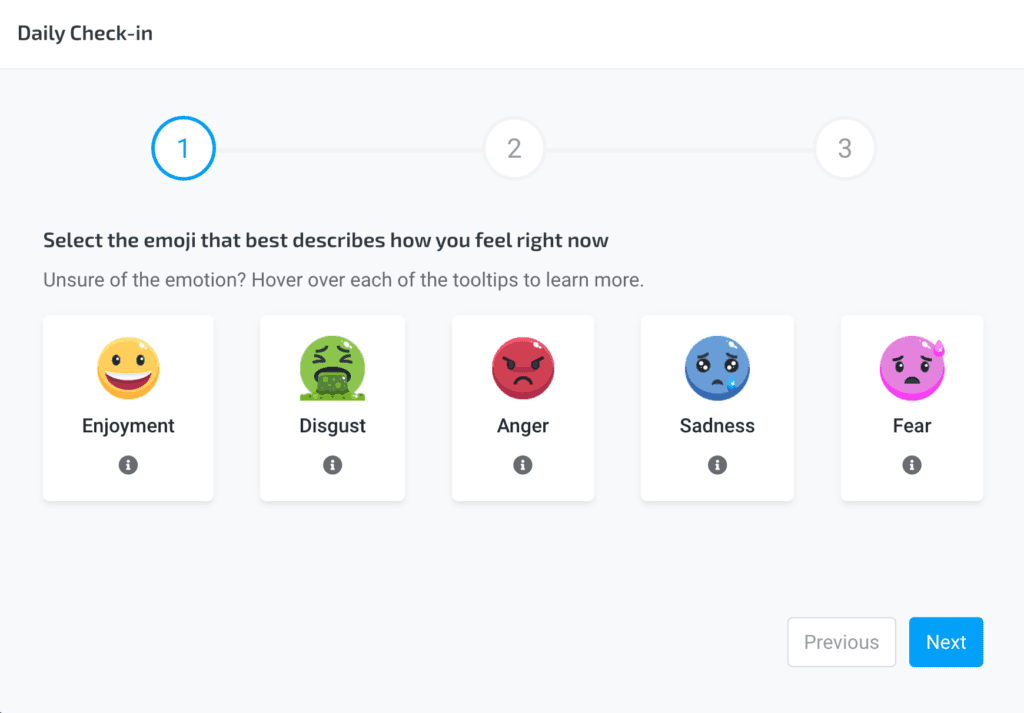How to Support Student Well-being and Holistic Development?

Rising emphasis on mental health in adolescents and youths
A national study done by the National University of Singapore, in collaboration with the Ministry of Education (MOE) and the Institute of Mental Health (IMH) found that about one in three youth in Singapore has reported internalising mental health symptoms such as sadness, anxiety and loneliness. The study also highlighted that youths aged between 14 and 16 scored lower in resilience, compared with other age groups – suggesting that more attention should be given to address their mental health needs.
Looking beyond the shores of Singapore, the World Health Organization (WHO) found that emotional disorders are common among adolescents. Anxiety disorders (which may involve panic or excessive worry) are the most prevalent in this age group and are more common among older teenagers than amongst younger adolescents. It is estimated that 3.6% of 10-14 year-olds and 4.6% of 15-19 year-olds experience an anxiety disorder.
As educators and mentors of adolescents and children within this age group, how does this worrying trend impact us? How can we quickly identify and implement measures to support the needs of those under our tutelage and care?
What is well-being and holistic development and why is it crucial in K-12 education?
It is essential to promote students’ overall well-being and support their holistic development if we want to see children develop into healthy, content, and successful adults. Understanding the numerous facets of a student’s life that contribute to their overall well-being is crucial for achieving this, as is adopting a comprehensive strategy for promoting and supporting it.
Student well-being comprises many different elements, including social-emotional, physical, mental well-being, academic plus non-academic achievement and social development. Each of these areas must be addressed, and they must be integrated into every part of their school life, in order to support their well-being and holistic development. The underlying problem is that schools today do not have the resources or appropriate tools to allow teachers to quickly ascertain if a student is at-risk, without adding on to their increasing workload.
Monitor and track your students’ well-being indicators with ease
Our Student Hub allows students to indicate the emotion they are feeling via our well-being check-in tool which allows teachers to get a clearer picture of their student’s state of emotions over a period of time. Our intelligent system leverages on machine learning to analyse the sentiments of students’ self-reflections, which provides teachers with valuable insights on their students’ thoughts and feelings. Real-time alerts can also be sent out to the relevant form teachers and school counsellor to render timely support for those in need.

Student Hub Well-being Mood Check-in
Supporting students’ emotional and mental health is an essential component of encouraging their well-being. This can be accomplished in a variety of ways, such as providing students’ access to counselling and mental health resources, encouraging optimistic thinking and resilience, and imparting efficient stress management techniques to students. Schools can also contribute to the establishment of a supportive atmosphere that encourages general well-being and holistic development by giving students the tools and resources they need to manage their emotional and mental health.
Another key component of student well-being is to ensure that students are exercising regularly and staying physically active. Through their well-being check-ins, teachers are able to capture the amount of exercise and sleep hours that students obtain and take necessary measures for those who fall below the recommended baseline. Exercise has been demonstrated to provide a wide range of advantages for both physical and mental health, including lowering stress and anxiety, enhancing mood and sleep cycles, and fostering learning and brain function. Encouragement of regular physical activity among kids can aid in their holistic development and advance their general well-being.
As much as academic achievement and grades are important, non-academic achievements can also have a significant impact on a student’s self-esteem and sense of purpose. Within our Student Hub, students are able to track their achievements, participation and skills throughout their student journey with the school. By providing students with a challenging and engaging curriculum, as well as access to school-related programs of their interest, schools can help to foster curiosity and future-ready students with job related skills. In addition, schools can help students feel less stressed and anxious so that they can realise their full potential by fostering a friendly and inclusive school atmosphere.
A student’s well-being also includes their social development, which schools can help to promote and support. This may entail giving students the chance to participate in social activities like clubs and extracurricular activities, as well as encouraging good connections and cultivating a sense of community within the school. Schools can support students in building strong, healthy relationships that can improve their emotional and mental health by fostering an inclusive and supportive atmosphere. To determine the student relationships within the classroom, teachers can leverage on our Social Network Analysis (SNA) tool as highlighted in our previous article “Leveraging on Social Network Analysis (SNA) in Education”.
Conclusion
In summary, supporting students’ well-being and holistic development is a challenging process that calls for an all-encompassing strategy. Schools can contribute to the creation of a supportive and inclusive environment that promotes overall well-being and supports the holistic development of their students by addressing each of the critical facets of student well-being.
Connect with us and discover how our Student Hub can help your school easily monitor and support student well-being and holistic development today!



